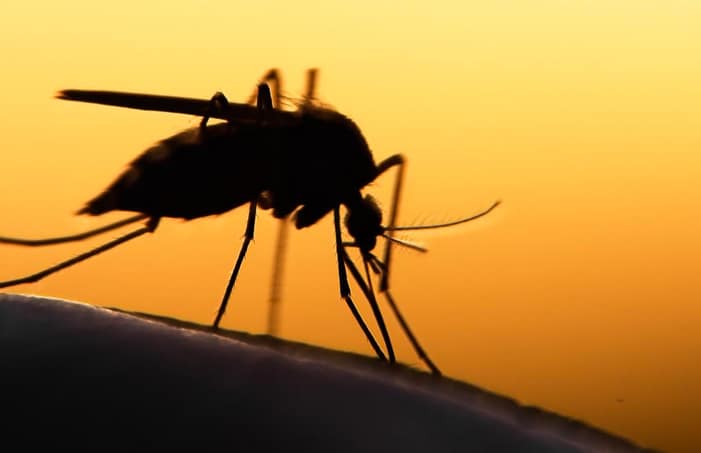Source: The Conversation, 18 May 2021, photo credit: PreventionWeb
Mosquitoes contribute to the transmission of life-threatening diseases that include Zika, dengue, chikungunya, Rift Valley fever and malaria. Of these, malaria carries the most risk accounting for 229 million cases and more than 400,000 deaths in 2019. Africa accounted for 67% (274 000) of all malaria deaths worldwide.
Malaria is caused by parasites that are transmitted to people through the bites of infected female Anopheles mosquitoes. Vector control strategies such as indoor residual spraying and long-lasting insecticidal net programmes have played a crucial part in the reduction of malaria cases.
But there are a number of problems with these interventions.
First, insecticide resistance of the major malaria vectors in Africa is widespread and increasing.
Read more
The South African Pork Producers’ Organisation (SAPPO) coordinates industry interventions and collaboratively manages risks in the value chain to enable the sustainability and profitability of pork producers in South Africa.
















